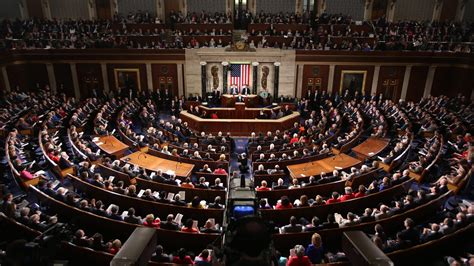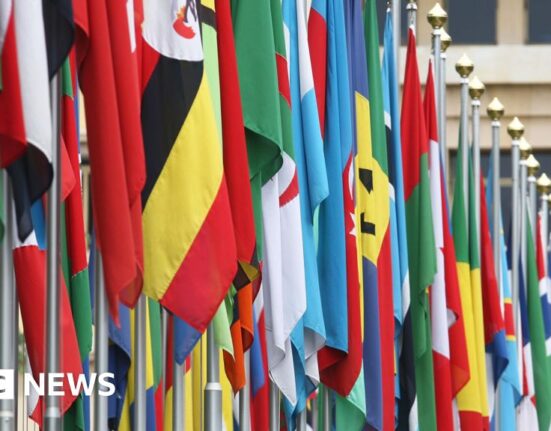Prime Minister Anthony Albanese stood firm, facing the tempest stirred by President Donald Trump’s decision to withdraw from the Paris Agreement. He recognized the global repercussions of this move but emphasized Australia’s autonomy in tackling climate change challenges.
In a resolute tone, Albanese highlighted the dual nature of Australia’s vulnerability to extreme weather events and the vast economic opportunities presented by emissions reduction efforts. “We know that we’re particularly vulnerable, but also because even if you didn’t accept the science of climate change, the economic opportunity that is there is enormous for us,” he expressed.
Embracing Change
Albanese underscored that beyond curbing emissions, Australia could harness these initiatives to bolster its economy and foster job growth. This sentiment resonated with his vision for a sustainable future where environmental stewardship intertwines with economic prosperity.
The Australian Foreign Affairs Minister Penny Wong navigated diplomatically through Trump’s policy shifts during her interactions in Washington. She acknowledged the need for realism in anticipating Trump’s America-first approach while affirming Australia’s positive contributions to their bilateral relationship.
A Pivotal Moment
As political tides shifted globally, voices from various spectrums chimed in on Trump’s maneuver. Climate Change Minister Chris Bowen deemed the Paris Agreement as instrumental in averting catastrophic warming scenarios. Conversely, Greens leader Adam Bandt condemned Trump as a threat to democratic values and environmental stability.
The discourse unfolded further as Queensland Liberal National Senator Matt Canavan challenged Australia’s allegiance to emission reduction targets post-Trump’s retreat from the agreement. His dissent echoed concerns about maintaining competitiveness amid evolving global energy dynamics.
Navigating Uncertainty
Amidst trade uncertainties looming over potential tariffs on Australian exports under Trump’s administration, Wong articulated Australia’s strategic stance rooted in mutual benefit between both nations. The delicate dance around economic entanglements underscored a nuanced diplomacy aimed at safeguarding national interests.
Albanese remained cautiously optimistic about sustaining robust ties with the United States despite challenges posed by shifting policies and ideologies under new leadership. The essence of collaboration and dialogue permeated discussions surrounding trade relationships and security cooperation between both countries.
As leaders grappled with reconciling divergent viewpoints on climate action and trade relations, a sense of adaptability colored diplomatic exchanges between Canberra and Washington. The quest for common ground amidst ideological disparities formed a backdrop against which future engagements would unfold.
Through this whirlwind of geopolitical shifts and policy realignments, Australia stood at a crossroads – balancing its commitment to environmental sustainability with navigating complex international dynamics reshaped by evolving global trends.









Leave feedback about this